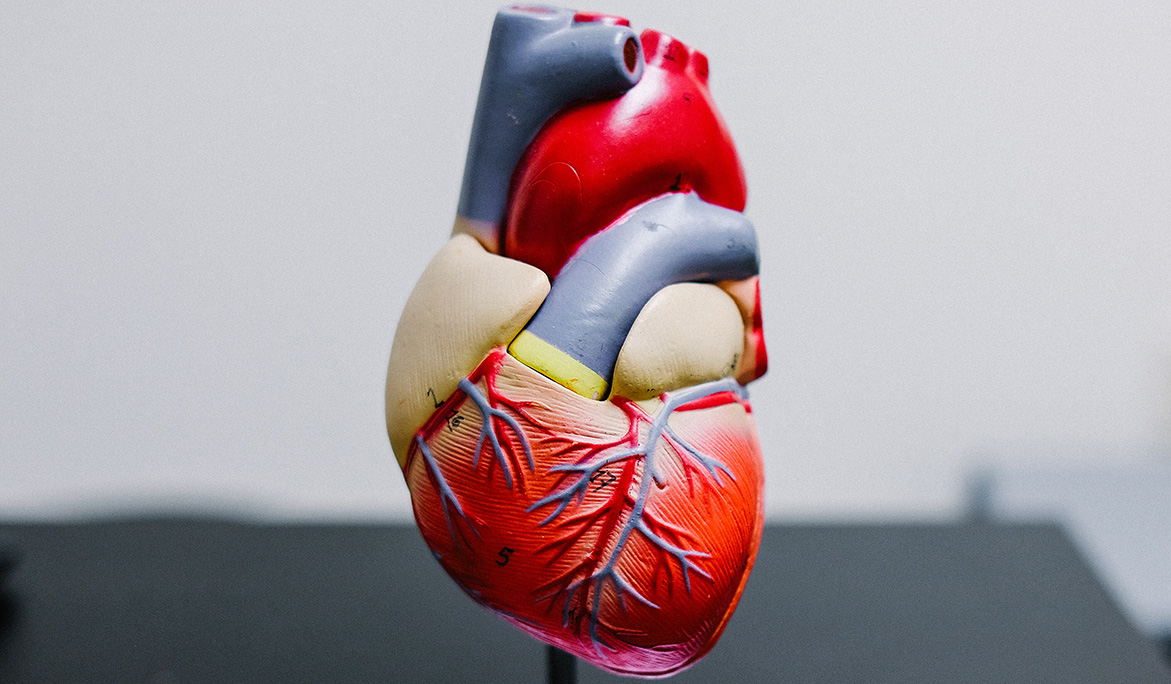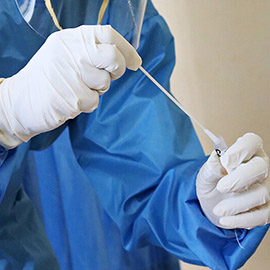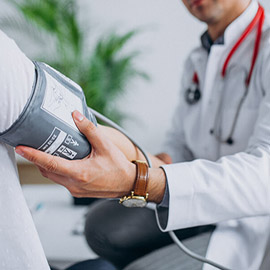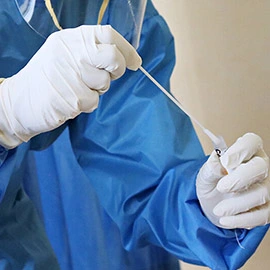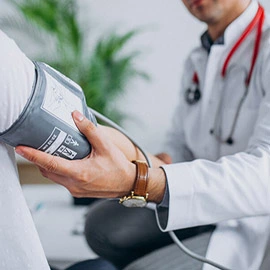
HIGH CHOLESTROL (HYPERLIPIDEMIA)
Hyperlipidemia means your blood has too many lipids (or fats), such as cholesterol and triglycerides.
One type of hyperlipidemia, hypercholesterolemia, means you have too much non-HDL cholesterol and LDL (bad) cholesterol in your blood.
This condition increases fatty deposits in arteries and the risk of blockages.
Another way your cholesterol numbers can be out of balance is when your HDL (good) cholesterol level is too low.
With less HDL to remove cholesterol from your arteries, your risk of atherosclerotic plaque and blockages increases.
Atherosclerotic cardiovascular disease (ASCVD) involves plaque buildup in arterial walls which includes conditions such as acute coronary syndrome and peripheral artery disease, and can cause a heart attack, stable or unstable angina, stroke, transient ischemic attack (TIA) or aortic aneurysm.
- Primary Investigations :
- lipid profile
- serum thyroid-stimulating hormone (TSH)
- lipoprotein(a)
| Total cholesterol (mg/dL) | Results |
| Below 200 | Desirable |
| 200-239 | Borderline high |
| 240 and above | High |
| Total_cholesterol(mg/dL) | Results |
| Below 70 | Best for people who have coronary artery disease — including a history of heart attacks, angina, stents or coronary bypass. |
| Below 100 | Optimal for people at risk of coronary artery disease or who have diabetes. Near optimal for people with uncomplicated coronary artery disease. |
| 100-129 | Near optimal if there is no coronary artery disease. High if there is coronary artery disease. |
| 130-159 | Borderline high if there is no coronary artery disease. High if there is coronary artery disease. |
| 160-189 | High if there is no coronary artery disease. Very high if there is coronary artery disease. |
| 190 and above | Very high, likely representing a genetic condition.. |
| HDL cholesterol (mg/dL) | Results |
| Below 40 (men) / Below 50 (women) | Poor |
| 40-59 (men) / 50-59 (women) | Better |
| 60 and above | Best |
| Triglycerides (mg/dL) | Results |
| Below 150) | Desirable |
| 150-199 Borderline High | 200-499 High |
| 500 | Very High |
- Children and cholesterol testing : :
- For most children, the National Heart, Lung, and Blood Institute recommends one cholesterol screening test between the ages of 9 and 11, and then be repeated every five years after that.
- If your child has a family history of early-onset heart disease or a personal history of obesity or diabetes, your doctor might recommend earlier or more-frequent cholesterol testing.

